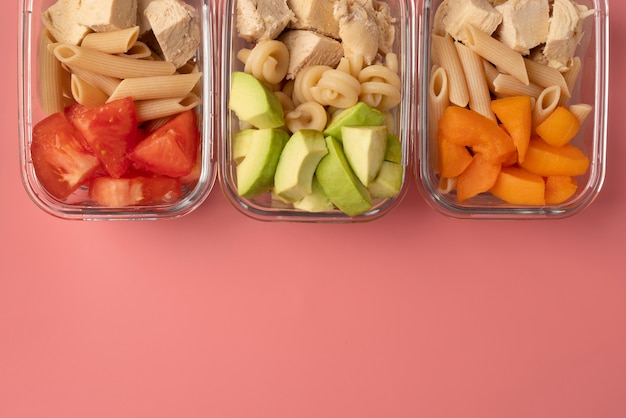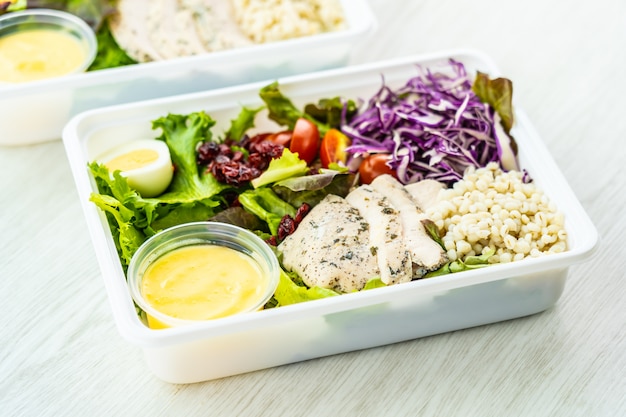Polycystic Ovary Syndrome (PCOS) affects millions of women worldwide, often bringing challenges like insulin resistance, hormonal imbalances, weight gain, and reduced core strength. While medication and exercise play vital roles, nutrition is a cornerstone of effective PCOS management. This expert-led weekly meal prep plan doesn’t just support metabolic health—it’s designed to improve core stability by reducing inflammation, balancing blood sugar, and fueling functional movement.
With a focus on consistency, simplicity, and measurable outcomes, this blueprint helps you start fast, stay on track, and see real changes—every single week.

PCOS is closely linked to insulin resistance, which can lead to fat accumulation, especially around the abdominal area. This visceral fat not only impacts appearance but also weakens core musculature and posture. A strategic meal prep routine helps regulate insulin levels, reduce inflammation, and support lean muscle development—including the deep core muscles essential for stability and movement.
Preparing meals in advance removes decision fatigue, prevents impulsive eating, and ensures you’re consuming nutrient-dense foods that support both hormonal balance and physical strength.
Each meal should include a balance of complex carbohydrates, lean protein, and healthy fats. This combination slows glucose absorption, preventing spikes and crashes that worsen PCOS symptoms. Focus on low-glycemic foods like leafy greens, quinoa, legumes, and berries.
Chronic inflammation is common in PCOS and can impair muscle recovery and core function. Incorporate omega-3-rich foods (like salmon and chia seeds), turmeric, nuts, and colorful vegetables to combat inflammation naturally.
Protein is essential for building and maintaining muscle, including the transverse abdominis and obliques. Aim for 20–30 grams of protein per meal using sources like Greek yogurt, tofu, chicken, lentils, and eggs.
Eating every 3–4 hours helps stabilize insulin and cortisol levels. Your weekly prep should include 3 main meals and 2 snacks, pre-portioned and ready to go.

Step 1: Dedicate 2 hours on Sunday to prep. Wash, chop, and cook in batches.
Step 2: Use reusable containers to portion meals. Label them with the day and time.
Step 3: Freeze extras like soups or stews for weeks when time is tight.
Track more than just weight. Use these metrics weekly:
Over time, you’ll notice reduced bloating, improved digestion, better energy, and stronger core engagement—key signs your body is responding positively.
Managing PCOS is not about perfection—it’s about consistency and informed choices. This weekly meal prep blueprint gives you the tools to take control of your nutrition, support core stability, and make sustainable progress. Start small, measure your results, and build momentum. Your body will thank you—week after week.

Wellness

Wellness

Wellness

Wellness

Wellness

Wellness

Fitness

Wellness

Wellness

Health

Wellness

Wellness

Health

Fitness

Health

Health